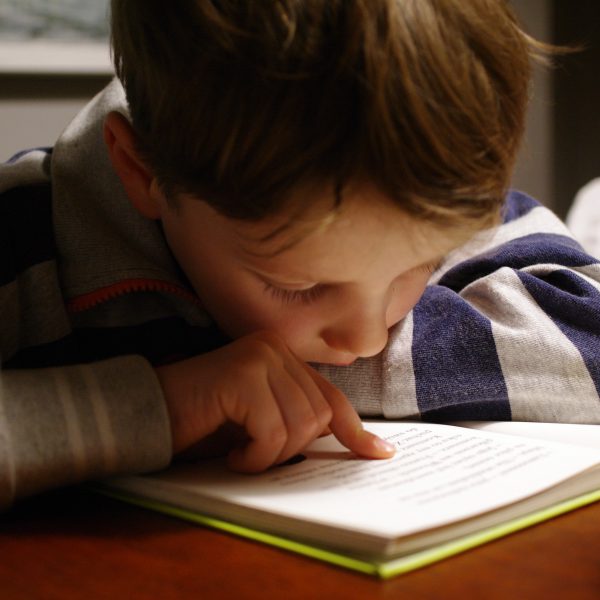Uni-educated parents speak more words to children than those with high school only

University-educated parents in Australia speak more words to their children on average than parents with only a high-school education, researchers from the Fraser Mustard Centre at Telethon Kids Institute, in collaboration with the University of Adelaide, Griffith University and Oxford University have found.
The gap emerges at around 18 months of age, with the research team reaching their findings as part of the Language in Little Ones (LiLO) study of approximately 250 infants in Western Australia, South Australia and Queensland from 2017 to 2019.
The data was gathered using a small device worn by the child which counted the number of words they hear and speak at home with the ability to exclude other sources like radio or television.
The study participants were recruited into two groups. The first was made up of mothers who had completed a university degree, and the second consisted of mothers with a high-school certificate only.
Specifically, the study measured the number of words spoken to each child at six months, one year and 18 months of age, lead researcher Mary Brushe explained.
“It’s really interesting to see that the two groups were very similar for the first two time points at six and 12 months, but then that gap emerged at 18 months,” she said.
“The results tell us that our families from low educated backgrounds are decreasing the amount they speak to their children over those three timepoints, whereas the high educated families are remaining fairly stable.”
The findings are significant, Co-Director of the Fraser Mustard Centre at Telethon Kids Institute, Professor Sally Brinkman explained, because the number of words a child hears in their early years is believed to have an impact on brain development, IQ and literacy later in life.
“The research up until this point does suggest that more talk is generally better for development,” she added.
The children involved in the study will be monitored until they start school with their results linked to the Australian Early Development Census.
“We’re hoping this will help us shed some light on how much talk is important for these kids, and also what that looks like for kids from different educational backgrounds,” Professor Brinkman said.
The LiLO study is funded by the National Health and Medical Research Project Grant, and more information is available here.
Popular

Quality
Practice
Provider
Research
Workforce
Honouring the quiet magic of early childhood
2025-07-11 09:15:00
by Fiona Alston

Practice
Provider
Quality
Research
Workforce
New activity booklet supports everyday conversations to keep children safe
2025-07-10 09:00:16
by Fiona Alston

Quality
Practice
Provider
Workforce
Reclaiming Joy: Why connection, curiosity and care still matter in early childhood education
2025-07-09 10:00:07
by Fiona Alston












